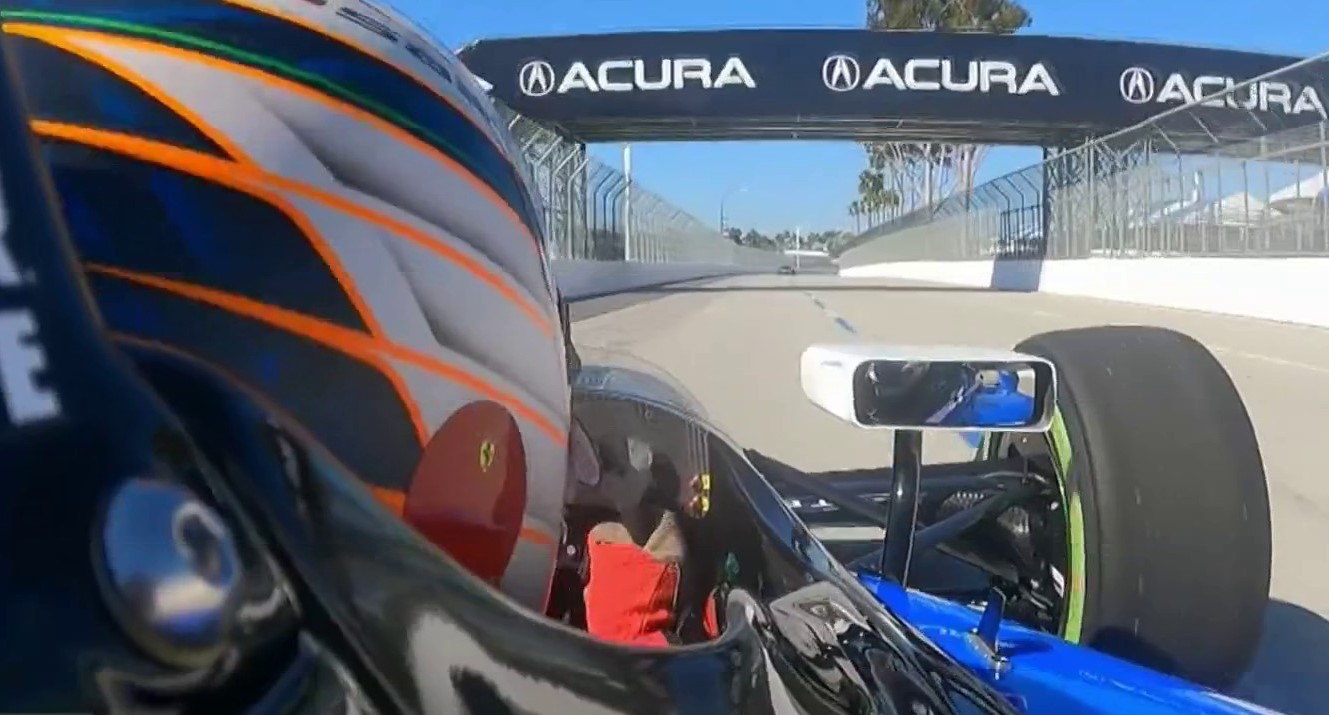Fish can range in price from $7 per pound for tilapia to nearly $30 a pound for Swordfish, but how confident can consumers be they’re getting the real deal?
According to a Get Garcia hidden camera investigation, the answer is not very.
The Get Garcia team bought 27 fish samples from Ralphs in West Los Angeles, Sprouts in Burbank and Toluca Lake, Pavilions in West Hollywood, Gelsons in Valley Village, San Pedro Fish Market and Sushi Yuzu in Burbank.
The samples were sent to the California Academy of Sciences in San Francisco for DNA testing. Five of the 27 samples tested were not what they were purported to be.
Fish labeled Red Snapper from Gelsons, Ralphs and Pavilions turned out to be Ocean Perch, as did the Pacific Rockfish from Sprouts. And the fish labeled Red Snapper at Sushi Yuzu was identified as Sea Bream.
The samples were labeled correctly 100 percent of the time at just two of the grocery stores: Whole Foods and San Pedro Fish Market.
“Most of the time, the substitutions are for inferior quality products,” said Luiz Rocha, Ph.D., who tested the samples.
Local
Get Los Angeles's latest local news on crime, entertainment, weather, schools, COVID, cost of living and more. Here's your go-to source for today's LA news.
Case in point: the investigation found Red Snapper online selling for $14.99 a pound while Ocean Perch costs less than half at $6.99 per pound.
Oceana, a nonprofit whose mission is ocean conservation, released a report last April which found that 55 percent of 119 samples from LA and Orange County were fraudulent.
And, similar to the Get Garcia investigation, Oceana found that Snapper was particularly prone to mislabeling. Not one of the 34 samples they tested was actually snapper.
“Consumers are being ripped off. You’re not getting what you paid for,” said Beth Lowell, who worked on the report. “And if you are trying to avoid a fish because you have an allergy or you are a pregnant woman trying to reduce your mercury intake, you can actually have some health issues by eating a fish that is not what it says it is.”
Lowell said mislabeling can happen anywhere along the supply chain. The Get Garcia team asked the stores and restaurant where they found mislabeled fish how this could happen.
Gelsons said its fish supplier changed the name from “Snapper” to “Pacific Rockfish” on invoices without telling them and said, “Frankly, we never picked it up.”
Sprouts responded this way: “Confidence that our customers have in us is paramount.” Adding that the store has “discontinued selling the Ocean Perch” it had labeled as Rockfish.
By phone, Sushi Yazu said they “tell customers it’s red snapper because it’s easier for them to understand” and promised to “change the name right away.”
Ralphs contended that Pacific Ocean Perch is part of the Rockfish family. While that is true, FDA regulations say it can only be marketed as Ocean Perch, not as Red Snapper as the sign in the case read.
Pavillions says their fish arrives labeled as Pacific Snapper, but is working to get proper labeling, adding that there’s “no price differential” between the two fish.
However, at San Pedro fish market, Red Snapper was going for $14.99 a pound while Rockfish cost just $8.49, about $5.50 cheaper.
The experts say fish is good for you and no one should stop eating it because of potential fraud, but caution consumers to pay attention to the price and if it looks too good to be true, it may be an indication of mislabeling.
The Get Garcia investigation into mislabeling came just as 500 U.S. chefs and restaurant owners – 83 of which are in California – sent a letter of complaint to the federal government demanding better control over fish.



